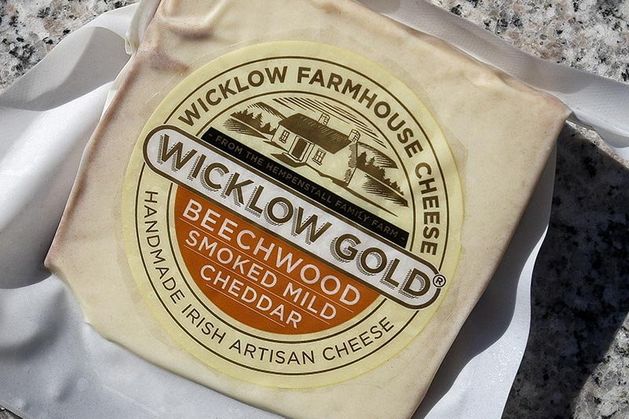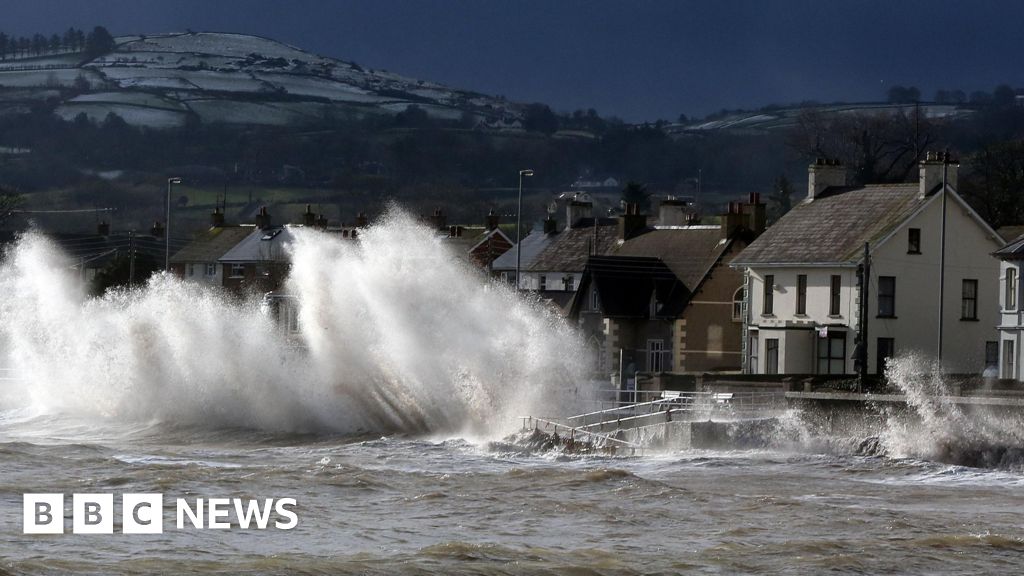Entertainment
Sinn Féin president fear blamed for not expanding voting rights
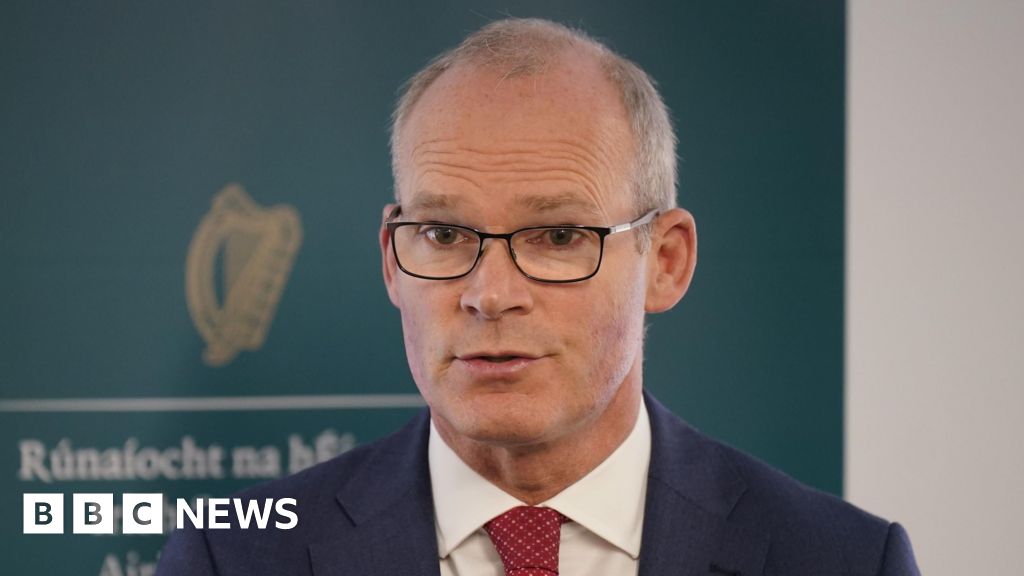
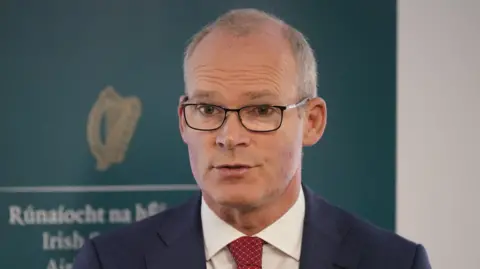 PA Media
PA MediaSome politicians in the Republic of Ireland fear allowing Irish citizens in Northern Ireland to vote in presidential elections would result in a Sinn Féin president, according to the former tánaiste (Irish deputy prime minister).
Speaking in favour of extending the franchise, Simon Coveney said others “shy away from this decision because of political reasons”.
During an event hosted by the Kennedy Summer School on Saturday, he said: “They are not enthusiastic about this because of self-interest in terms of party political interests and so on.”
“I think that is the wrong way to look at this.”
Under current rules, in order to vote in a presidential election someone must be an Irish citizen and normally reside in the Republic of Ireland, bar a few exceptions including for Defence Forces personnel or diplomatic staff serving overseas.
In 2013 a constitutional convention recommended extending votes to citizens living outside of the Republic of Ireland – a position officially supported by all of the largest political parties in the state.
A change in the criteria for voting in presidential elections would require an amendment to the Irish constitution, which in turn requires a referendum.
The decision on whether to hold such a referendum lies with the Irish government.
‘As Irish as I am’
Mr Coveney said it was a question of “how, rather than whether, we should do this”.
He said there were “very valid questions around qualification criteria to be on the voter register”, but the fear of an outsized benefit for Sinn Féin could not impact people’s thinking.
“Many Irish people in Northern Ireland see themselves as Irish, as I am,” he said.
“They have the same stake in their own minds in the future of Ireland as we have.”
Mr Coveney added that those people “should be part of choosing Ireland’s first citizen”.
Sinn Féin is the largest party in Northern Ireland in terms of seats in the assembly, councils and in the House of Commons.
It is the largest opposition party in the Republic of Ireland.
Irish presidents have only ever come from two parties – Fianna Fáil and Labour – although there have also been several independents and all presidents must give up party affiliations once they are elected.
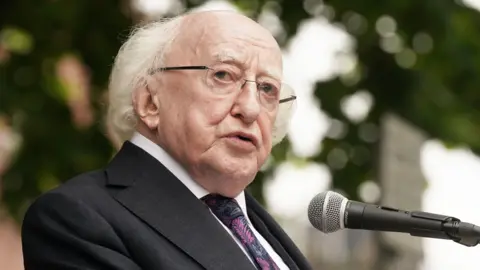 PA Media
PA MediaMr Coveney, a former minister of foreign affairs, said the case for allowing Irish citizens living in other parts of the world to vote in presidential elections was that it would help in “galvanising the power of the Irish diaspora” and “reaching out and supporting Irish networks abroad”.
However, Mr Coveney said he did not support extending votes in Irish general elections to those living outside the state.
“If you are voting on a government that on a day-to-day and week-to-week and month-to-month business are making decisions on the basis of responding on the basis the needs of citizens within the country, that is a very different thing to actually someone who representing Ireland and Irishness globally, as the Irish president does,” he said.



